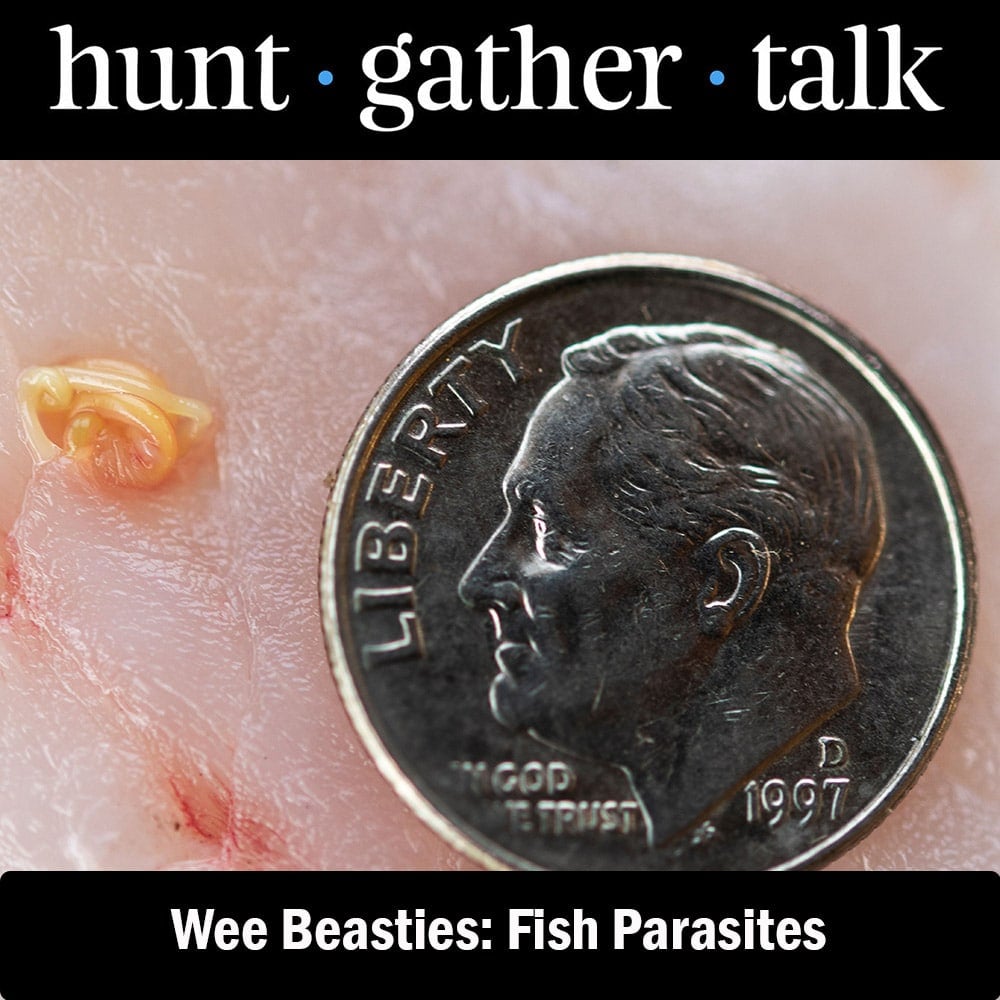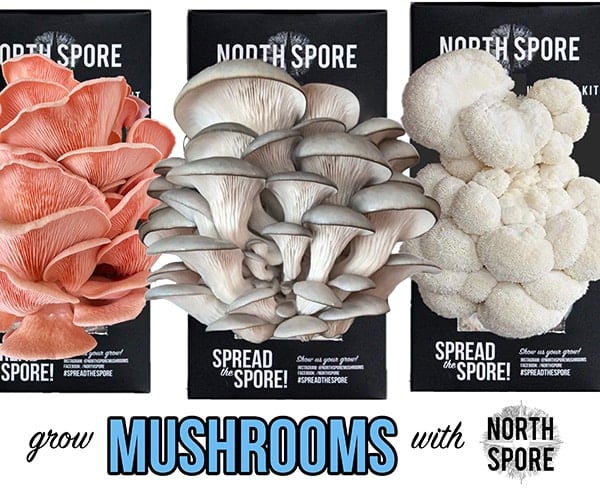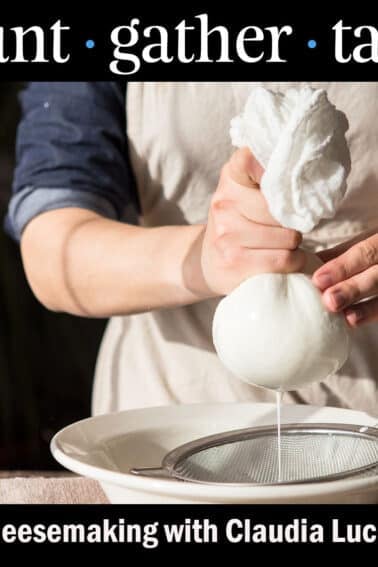As an Amazon Associate I earn from qualifying purchases.
Podcast: Play in new window | Download
Welcome to Hunt Gather Talk, Season Three. This season will focus entirely on fish and seafood, freshwater and salt. Think of this as the podcast behind my latest cookbook, Hook, Line, and Supper, which covers all things aquatic.
I am happy to be working with two title sponsors, E-Fish and Filson. These will be the only two commercial sponsors of the show, a move I’ve made to keep things as uncluttered as possible. I happen to already wear a lot of both Filson and I love what the folks at E-Fish are doing, so it’s a natural fit.
Every episode of Season Three will dig deep into some aspect of the fish and seafood world, from prep and how to sessions to sustainability and the farmed vs. wild debate, to how fish and seafood plays into other world cuisines, to episodes on specific kinds of fish.
In this episode I talk with John Burrows of the Alaska Seafood Marketing Institute about parasites in fish and seafood. I know, I know, it’s gross, but it is an important thing to know when you are eating fish and seafood. Some parasites are just icky, but others can make you very ill, or, in the case of tapeworm, can even kill you.
We bust a few myths about fish parasites, and give you a good sense of the risks involved.
For more information on this episode, here are some helpful links:
- More about the Alaska Seafood Marketing Institute.
- What you need to know about making ceviche safely.
- What to know about anasakis worms, a/k/a seal worms, the most common marine parasite.
- Spaghetti worms, which are common in the Gulf of Mexico.
A Request
I have brought back Hunt Gather Talk with the hopes that your generosity can help keep it going season after season. My two sponsors help things a lot, but you are the third leg of the stool. Think of this like public radio, only with hunting and fishing and wild food and stuff. No, Hunt Gather Talk won’t be a “pay-to-play” podcast, so you don’t necessarily have to chip in. But I am asking you to consider it. Every little bit helps to pay for editing, servers, and, frankly to keep the lights on here. Thanks in advance for whatever you can contribute!
Subscribe
You can find an archive of all my episodes here, and you can subscribe to the podcast here via RSS.
Subscribe via iTunes and Stitcher here.







Great podcast, Hank! You hinted that there are different wee beasties found in freshwater but didn’t dive into the specifics. For someone fishing brackish/inshore on the southern Atlantic coast, is there overlap with both salt and freshwater parasites? Most importantly, and for clarification to your ceviche post, will freezing fish (salt, brackish or freshwater) below -4F render any/all stages (read adult, larvae, cysts) of potentially harmful parasites inert?
Jason: Yes, that freezing protocol works across the board.
Down here in Mexico, I discovered a fish at the fish market called “sierra”. I put it through the translator and it said “mackeral” in English. I bought some and really liked it. They filleted it right in front of me, the fish being may a foot to foot and a half in size. In this podcast, you had mentioned mackeral, and I am wondering if all of them are the same, or if there are different kinds. I live in La Manzanilla del Mar on the Pacific Coast. I used to be vegetarian, and the podcast made me feel like turning away from most fish. I’m going to learn to net sardines. I think that will be safe. They are great made in the toaster oven. The podcast was great and could be enhanced further by posting lists of types of fish, locations, types of worms.
Teresa: Sierra are Spanish mackerel. While all fish can be parasitized, if you listen to that podcast again, you’ll hear that it’s uncommon in most fishes, sierra included.
Hank, I love your recipes (I own two of your cookbooks) and would love to contribute, but you have no way for Canucks to contribute in order to support the podcasts
George: Aw, thanks! But shipping anything to Canada is so expensive I just can’t do it. Shipping is WAY more expensive than the book itself.
Excellent and important topic ?
No question mark intended 🙂